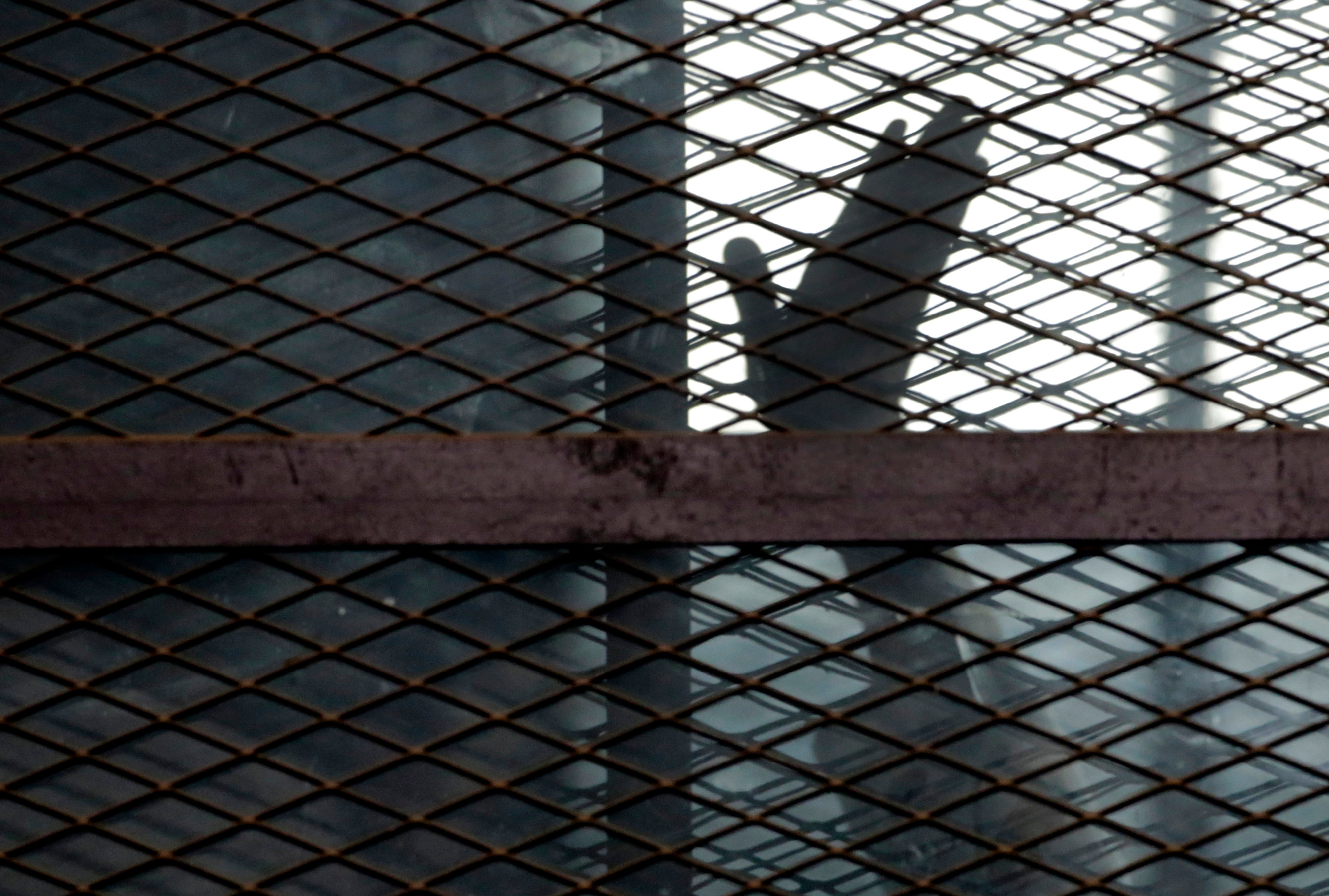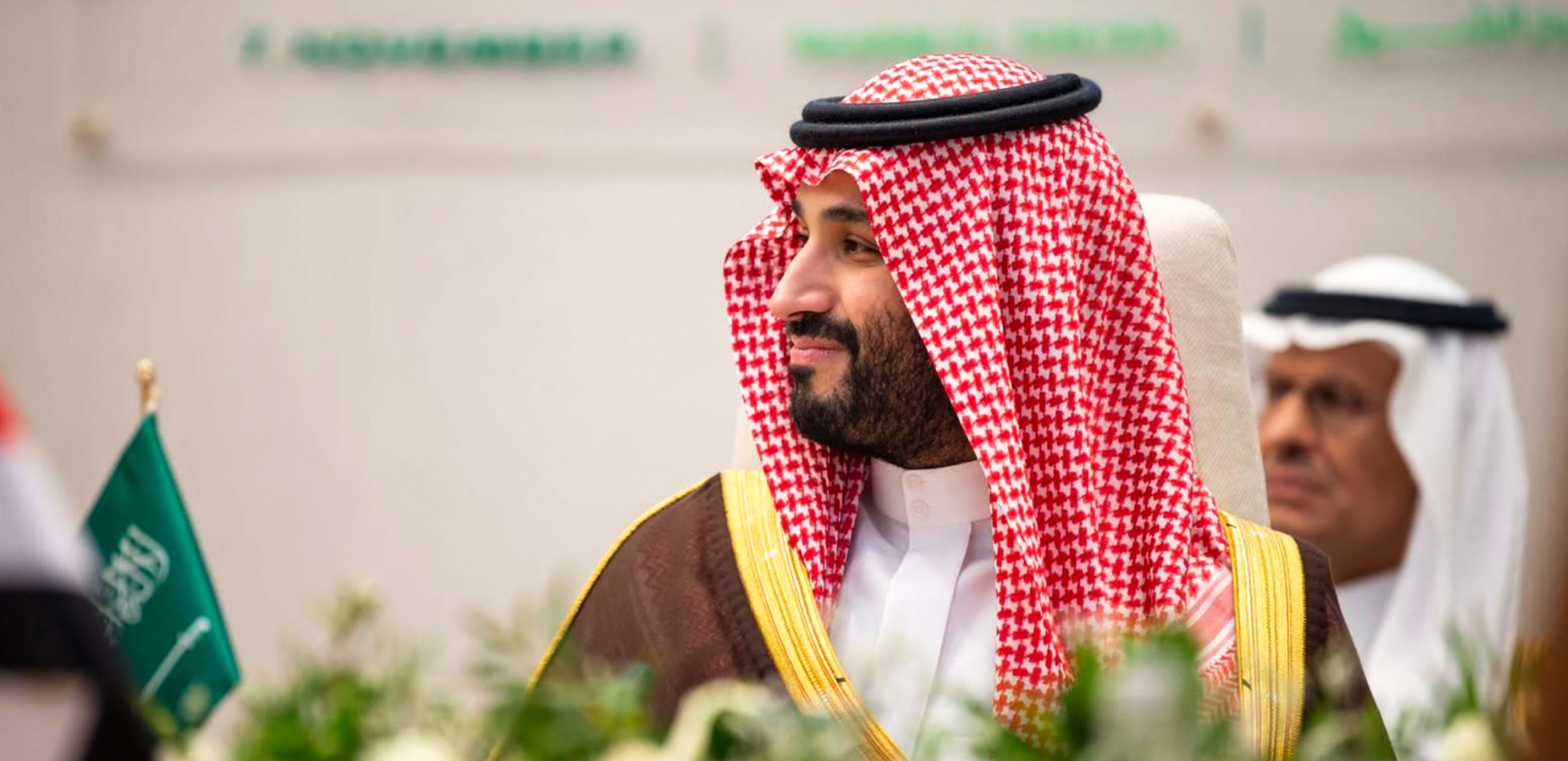Father-of-eight fears for life after Saudi Arabia abandons ‘moratorium’ on executing drug offenders
United Nations has accused regime of using torture to extract false confession from Hussain Abu al-Khair

Your support helps us to tell the story
From reproductive rights to climate change to Big Tech, The Independent is on the ground when the story is developing. Whether it's investigating the financials of Elon Musk's pro-Trump PAC or producing our latest documentary, 'The A Word', which shines a light on the American women fighting for reproductive rights, we know how important it is to parse out the facts from the messaging.
At such a critical moment in US history, we need reporters on the ground. Your donation allows us to keep sending journalists to speak to both sides of the story.
The Independent is trusted by Americans across the entire political spectrum. And unlike many other quality news outlets, we choose not to lock Americans out of our reporting and analysis with paywalls. We believe quality journalism should be available to everyone, paid for by those who can afford it.
Your support makes all the difference.A man jailed for drug offences in Saudi Arabia fears he may be “put to the sword” next, his sister has said, after the regime abandoned its supposed “moratorium” on executing people imprisoned for such crimes.
Hussain Abu al-Khair was arrested in 2014 while driving his taxi across the border from his native Jordan, after border officials allegedly found 200,000 pills of Captagon – a stimulant commonly used in the Middle East – in his vehicle.
The father-of-eight was allegedly taken to a black site for 13 days and tortured into falsely confessing to the crime, in which rights groups say he was an unwitting drugs mule. Despite telling the judge the nature of his confession, he was sentenced to death in 2015. The verdict was reportedly overturned by the Supreme Court but reversed again in 2017 after the government intervened.
A year later, crown prince Mohammed bin Salman, in his bid to appear a reformer, claimed to be trying to end capital punishment for some offenders, and in 2021 the government-run Human Rights Commission (HRC) insisted that “a moratorium” for drug-related death penalties was responsible for a steep decrease in executions.
But rights groups were sceptical, and said the 85 per cent drop in executions claimed by the regime in 2020 was partly due to coronavirus restrictions, as also happened in other countries where capital punishment is legal.
Last month, such fears were vindicated without warning as Saudi Arabia executed 17 people accused of drug and contraband offences over a period of 12 days, according to the United Nations – marking a record year for beheadings in the kingdom, spurred by the country’s largest mass execution in decades.
Just days later, Mr Abu al-Khair reportedly told his sister that he had been moved to the execution wing in his prison, and that two men were taken from his cell the previous to be put to death.
While guards have warned him that he will be executed sooner if he speaks to the media, he urged her to speak out about his case, she reportedly said, adding: “How can you be a prince who is preparing to become king and you make promises to the media and do something else in the shadows?”

Mr Abu al-Khair’s sister Zainab, 61, who lives in Canada, told the Daily Mirror this week: “My brother is living with great fear for his life ... Every moment he’s expecting it to be his turn as our whole family is forced to live in fear, sadness, and anxiety.”
The Jordanian national, born in 1965, is “surrounded by death from all sides”, his sister said, adding: “It’s psychological torture because he does not know when they will cut off his head.”
His eight children, who live in Jordan, are in “misery” because of the absence of their father, who previously “was always smiling, loving life and telling jokes” and loved music, singing and sports, according to his sister.
But after eight years in detention without access to a doctor, the UN’s human rights council has been told that Mr Abu al-Khair is now nearly blind and is likely suffering from “death row syndrome”, a psychological impairment seen among individuals facing execution.
The UN’s working group on arbitrary detention has alleged that Mr Abu al-Khair was subjected to torture before signing a confession and was denied access to legal representation.
The body said that Saudi Arabia may have violated its obligations under international human rights agreements, and has urged the regime to quash Mr Abu al-Khair’s death sentence and to immediately and unconditionally release him and ensure that he receives medical care.
In its 30-year history, the UN working group has found Saudi Arabia in violation of its international human rights obligations in over 65 cases, indicating a widespread or systemic problem of arbitrary detention in Saudi Arabia which may amount to crimes against humanity, the body said.
The European Saudi Organisation for Human Rights alleged this month that scores of detainees are on death row for drug offences in Saudi Arabia, and warned that the resumption of executions for such crimes will lead to an unprecedented increase in beheadings.


Join our commenting forum
Join thought-provoking conversations, follow other Independent readers and see their replies
Comments